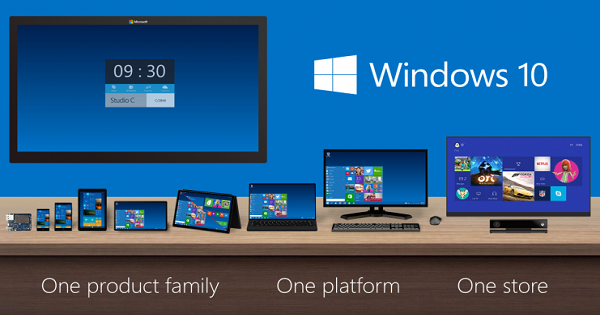Posted by : Cyber Freak
Saturday, 9 February 2013
According to data from KSN*, Kaspersky
Lab experts recorded 7,000 attempts to infect gamers around the world
every day in 2012. These attacks are launched in an attempt to gain
access to personal user data, such as passwords to online games and
online banking systems. Where games are concerned, malicious users
attempt to steal avatars and in-game items to subsequently sell these
virtual goods for real money. In the case of online banking,
cybercriminals aim to steal money directly from real bank accounts.
As Kaspersky Lab experts discovered, in order to do this, malicious users send an average of 10 emails with malicious links and attachments to gamers every day, in addition to making roughly 500 attempts to infect gamers via browser-based attacks. What’s more, the company’s “collection” of malicious programs targeting online games is increasing at a rate of 5,000 new programs a day.
As Kaspersky Lab experts discovered, in order to do this, malicious users send an average of 10 emails with malicious links and attachments to gamers every day, in addition to making roughly 500 attempts to infect gamers via browser-based attacks. What’s more, the company’s “collection” of malicious programs targeting online games is increasing at a rate of 5,000 new programs a day.
One of malicious users’ most favored
tactics in the world of online games is, of course, social engineering —
phishing in particular. For example, cybercriminals invoke the names of
well-known gaming worlds and desperately try to lure gamers to their
fake websites in order to harvest passwords from registered gaming
accounts. This data is gathered with the consent
of participants in the Kaspersky Security Network (KSN), which brings
together millions of users of Kaspersky Lab products around the world.
KSN automatically collects information about infection attempts or
attempted downloads and launch of suspicious files on user computers.
This data is collected with the consent of users and is confidential.
This data is subsequently used for analysis using Kaspersky Lab’s
central servers.
In 2012, Kaspersky Lab experts recorded 15 million attempted
visits to phishing websites designed to look like the pages of one of
the largest developers of online games. As it turns out, there were up
to 50,000 attempted redirects to phishing sites each day. Fortunately,
all of these trusting users were saved by the professional anti-phishing
system built into Kaspersky Internet Security, which promptly detected
the threat. Threats targeting gamers are found all over the world but are, of
course, not found in equal concentrations everywhere as their numbers
are in direct correlation to the number of active players found in
different countries. In 2012, the top 3 unlucky targeted countries
turned out to be Russia, China, and India. These are the countries were
gamers face the highest risk of infection and subsequent theft of
avatars and in-game valuables. We also hasten to note that this list of
“leaders” has remained more or less unchanged over several years, and
there is, unfortunately, no reason to expect malicious users to lessen
their interest in this area.
All the same, malicious users are just
that, and some of them can outsmart even the most cautious user. That is
why experts strongly recommend using professional security solutions.
For example, Kaspersky Internet Security 2013 contains the most
up-to-date technologies available today for detecting and blocking
malicious programs — particularly anti-phishing, automatic security
against exploits, a virtual keyboard for entering usernames and
passwords, and many other functions. Furthermore, it includes a special
gaming mode that will run with minimal interference or burden on your
system resources and will turn off notifications as soon as the game is
launched.
- Back to Home »
- cyber , hackers »
- Cyber Criminals Set their Sights on Gamers: Kaspersky Lab














